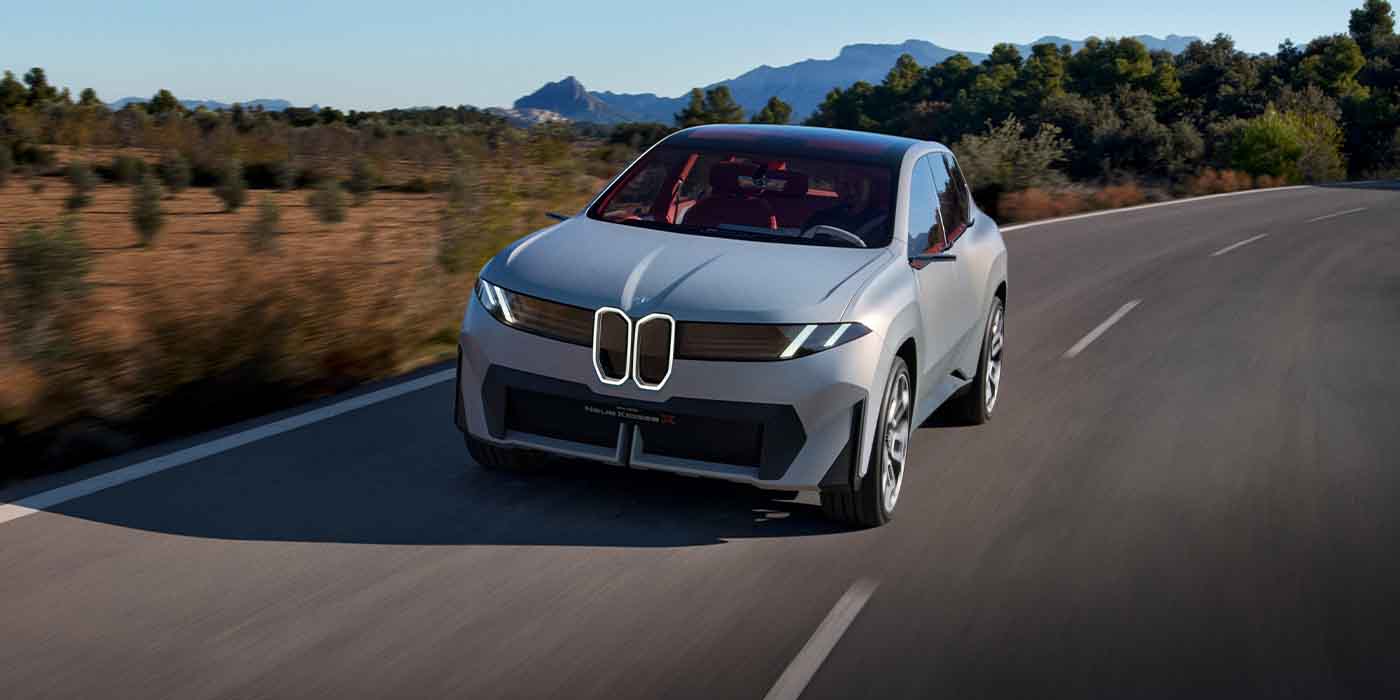
The heads of BMW, Volkswagen, and Renault have spoken out against European Union’s emission targets in recent days, arguing that the phase-out rules put too much pressure on the industry and that consumers aren’t buying EVs fast enough. Next year, the policy will tighten ahead of the full ban of gas and diesel cars in 2035, leaving automakers to pay steep fines if they fall short.
In 2025, the EU will require a 25% reduction of fleet emissions from new passenger cars sold in Europe, compared to 2021 figures – and legacy automakers are not happy about that, arguing that basing their entire industry on the whims of consumers’ desire (or not) to buy EVs isn’t fair.
Failure to comply with the new rules will come at a cost, a €95 ($102) fine for every vehicle registered in the EU, multiplied annually by each CO2 g/km above the target.
“We believe a comprehensive review of CO2 fleet legislation in the EU is essential,” BMW CEO Oliver Zipse said yesterday, as reported in Automotive News Europe.
Interestingly, BMW has already said it has reduced its own CO2 emissions fleet to an average 20% below the European target for 2023. Zipse also said the company was on track to hit 2025 targets as well – last year, 15% of BMW’s sales were BEVs, with a target for 20% in 2025. The company estimated 50% BEV sales by 2030 worldwide, and possibly higher in Europe, he said.
Still, Zipse is urging the EU to turn down the pressure. “By the end of 2025 the world will note that it’s not that easy,” he added, speaking at the automaker’s annual results conference. “By then the pressure then will be significant for the European automotive industry.”
“Something that’s not taken into account that it’s the free decision of millions of customers,” Zipse said. “It’s not just like the energy infrastructure where you can switch something off and then something else happens automatically.”
Last week, Volkswagen Group CEO Oliver Blume said: “It does not make sense that the industry has to pay penalties when the framework conditions for the EV ramp up are not in place.” Renault CEO Luca de Meo chimed in too this week, asking for a call for review in an open letter to EU legislators published this week.
Electrek’s Take
Automakers are, to no surprise, talking out of both sides of their mouths here. And the 2035 ICE car ban is facing some serious heat ahead of June’s European election, as momentum for reversing the ban is growing, and lawmakers who take office after the election could easily water down the policy.
As for the automakers, just last month, ACEA, Europe’s automakers association, headed by de Meo, said that it is not pushing back and is all in with the EV future, with de Meo adding that the auto industry wants no part in arguing “against the regulation.” “We are not contesting 2035,” said de Meo. “Now we must get down to it.” He added that the upcoming ban target of 2035 “is potentially feasible, but the right conditions must be put in place.”
Those conditions usually mean consumers opting for European cars over Chinese ones, as European automakers face immense pressure from cheaper, high-quality Chinese brands arriving by the shipload. Automakers have been urging for more government incentives and investment in charging infrastructure to help nudge higher EV adoption rates. 2024 brought an end, or a radical reduction, in many EU incentive programs. Creative solutions are certainly on the table: Volkswagen and Renault are negotiating jointly making a sub-€20,000 ($21,600) EV.
De Meo also argued that European automakers are under pressure from all sides, with the need to invest in new technologies and retrain the workforce to avoid mass layoffs, to managing the price of raw materials such as lithium. “China rules, the U.S. stimulates and Europe regulates,” he wrote in the public letter, which also called for a 10-year “Marshall Plan” fund that could replace older cars with newer, cleaner ones while redistributing funds across Europe based on each country’s capacity. He said this plan could save 1 million tons of CO2 by the end of the decade, according to Automotive News Europe.
Last year, the EU agreed to watering down a European Commission ruling on Euro 7 vehicle emissions after major pushback from automakers and eight countries, including France, that made the argument that the changes could divert investments from EVs.
As in the US, the European Union faces a volatile election year. In any case, EU has said that it will review the CO2 policy again in 2026 to see how things are going. If the policy does weather the storm this year, European automakers can still produce internal combustion engines even after 2035, as long as they are exported and sold outside of the EU.
Photo: BMW
If you’re an electric vehicle owner, charge up your car at home with rooftop solar panels. To make sure you find a trusted, reliable solar installer near you that offers competitive pricing on solar, check out EnergySage, a free service that makes it easy for you to go solar. They have hundreds of pre-vetted solar installers competing for your business, ensuring you get high quality solutions and save 20-30% compared to going it alone. Plus, it’s free to use and you won’t get sales calls until you select an installer and share your phone number with them.
Your personalized solar quotes are easy to compare online and you’ll get access to unbiased Energy Advisers to help you every step of the way. Get started here.
